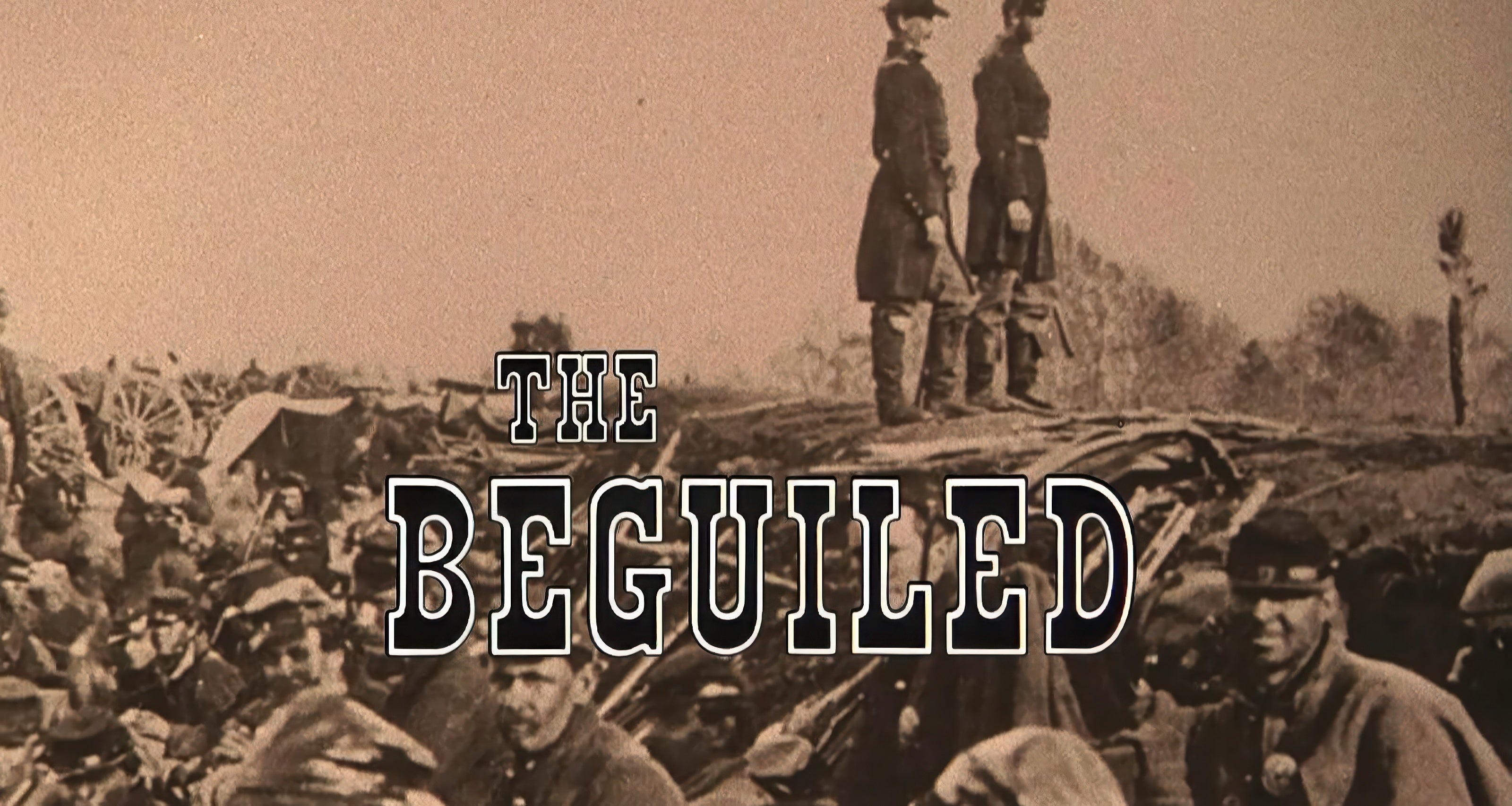
The Battle of Nashville (History Notes)
The Battle of Nashville was a major engagement that took place during the Civil War on December 15-16, 1864, in and around the city of Nashville, Tennessee. It was a significant Union victory and marked the culmination of the Franklin-Nashville Campaign, which was aimed at destroying the Confederate Army of Tennessee.
Background: In the latter half of 1864, the Confederate Army of Tennessee, commanded by General John Bell Hood, launched an offensive campaign into Tennessee with the goal of disrupting Union supply lines and potentially threatening the city of Nashville. However, Hood's campaign was marked by a series of defeats, including the costly Battle of Franklin on November 30, 1864, where his army suffered heavy casualties. Despite these setbacks, Hood decided to continue his offensive and moved towards Nashville.
The Battle: As Hood's army approached Nashville, it faced a well-entrenched Union force under the command of Major General George H. Thomas. Thomas had been reinforced with troops from other Union armies and had significantly strengthened his defenses. On December 15, 1864, Hood launched a frontal assault against the Union lines but was repulsed with heavy losses. On the second day, December 16, 1864, Hood again attacked the Union lines, but his forces were unable to break through. The Union counterattacked and drove the Confederates from the field, resulting in a decisive Union victory.
The Aftermath: The Battle of Nashville was a major defeat for the Confederate Army of Tennessee. Hood's forces suffered heavy casualties, with estimates ranging from 6,000 to 7,000 killed, wounded, or captured. The Union forces, on the other hand, suffered around 3,000 casualties. Following the defeat, Hood's army retreated southward, effectively ending any significant Confederate presence in Tennessee. The battle was a turning point in the Western Theater of the Civil War and significantly weakened the Confederate military presence in the region.
The Battle of Nashville was a significant victory for the Union Army, as it eliminated the threat posed by Hood's Confederate forces and secured Nashville as a key supply and communication hub for the Union. It also marked the end of the Franklin-Nashville Campaign, which had begun with Hood's offensive into Tennessee. The Union victory at Nashville contributed to the overall decline of the Confederate war effort and further boosted the morale of Union forces as they approached the end of the Civil War.
Associated Art: The Battle of Nashville

































